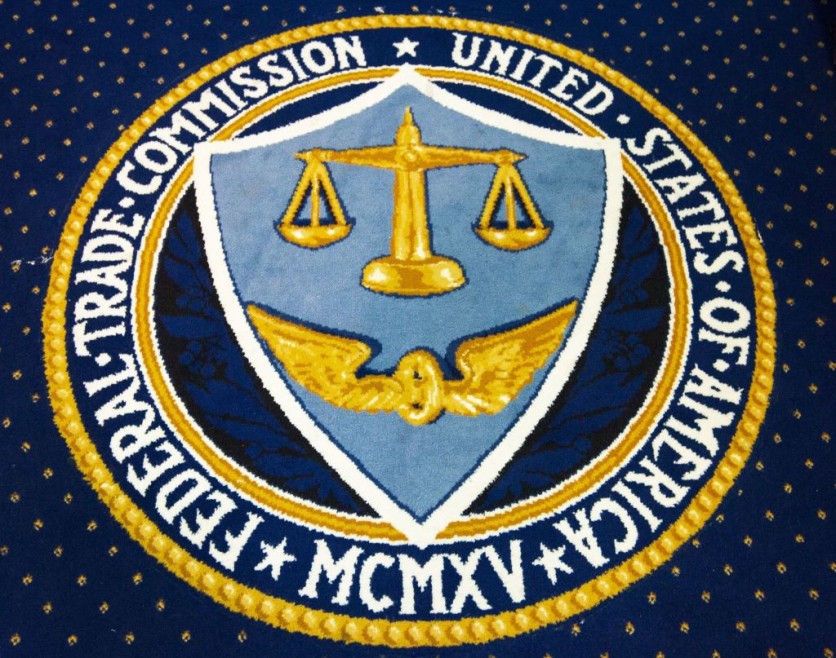US Federal Trade Commission (FTC) has issued orders to eight social media and video streaming firms, such as Twitter, Meta Platforms Inc., YouTube, and TikTok to show how their screen for misleading advertisements, as reported by Reuters.

The social media and video streaming companies are required to provide information that includes the number of views, ad revenue, and products and services that are prone to deception.
Paid Advertising Restriction
The reason for this I that the FTC plans to restrict paid commercial ads that is deceptive or exposes consumers to fraudulent healthcare products, financial scams, fake goods, etc.
Indeed, there have been a lot of scams on social media because it's easily accessible-everybody can post and transact now on the platforms.
The FTC's order comes following its request for Twitter to turn over some of its internal communications related to Elon Musk and other detailed information about business decisions as part of an investigation.
Also Read: FTC Warns Companies Regarding AI Capabilities Claims
Ads on Social Media Platforms
The FTC is planning to take a closer look at how these platforms are used to promote products and services and how they handle consumer complaints. It wants to make sure that consumers are not being exposed to ads that are deceptive or fraudulent.
The FTC is also concerned about the influencer marketing industry, where social media influencers are paid to promote products and services.
They want to make sure that influencers are properly disclosing their relationships with the companies they are promoting, so consumers can make informed decisions when purchasing products and services. This could include prohibiting ads from being placed near content that could be seen as promoting the product or service being advertised.
The Dangers of Deceptive Ads Online
The primary danger of deceptive ads online is that they can mislead consumers into making purchases that they otherwise would not have made. Deceptive ads can often be hard to spot, and they can be used to target vulnerable populations, such as children or the elderly.
Deceptive ads can also have an impact on the economy, as they can reduce consumer confidence in the marketplace. Because they are often hard to spot, consumers may not be aware that they are being deceived and can end up losing money. They can also reduce the effectiveness of legitimate advertising, as consumers may become wary of all advertisements.
The FTC has been known to take action against companies that use deceptive ads, so it is important for companies to be aware of the rules and regulations surrounding online advertising.
In addition to the economic and consumer confidence implications, deceptive ads can also have serious legal consequences.
Companies who are found guilty of using deceptive advertising may be subject to fines or other penalties imposed by regulatory bodies such as the FTC. In some cases, companies may even face criminal charges if they engage in particularly egregious behavior.
Related Article: FTC Peeks Into Microsoft's $68.7 B Acquisition of Activision, Asks for 'Additional Information'





